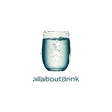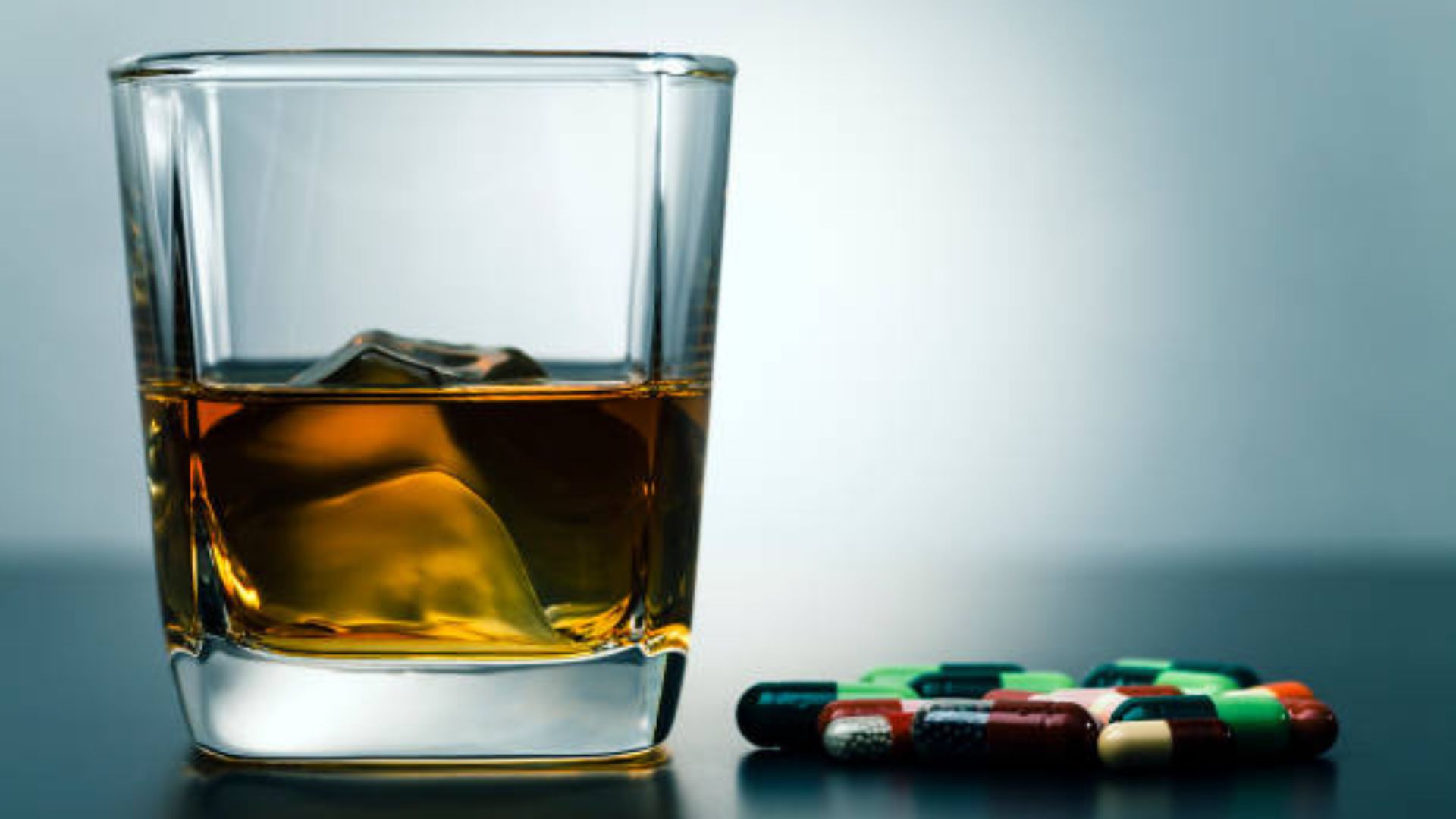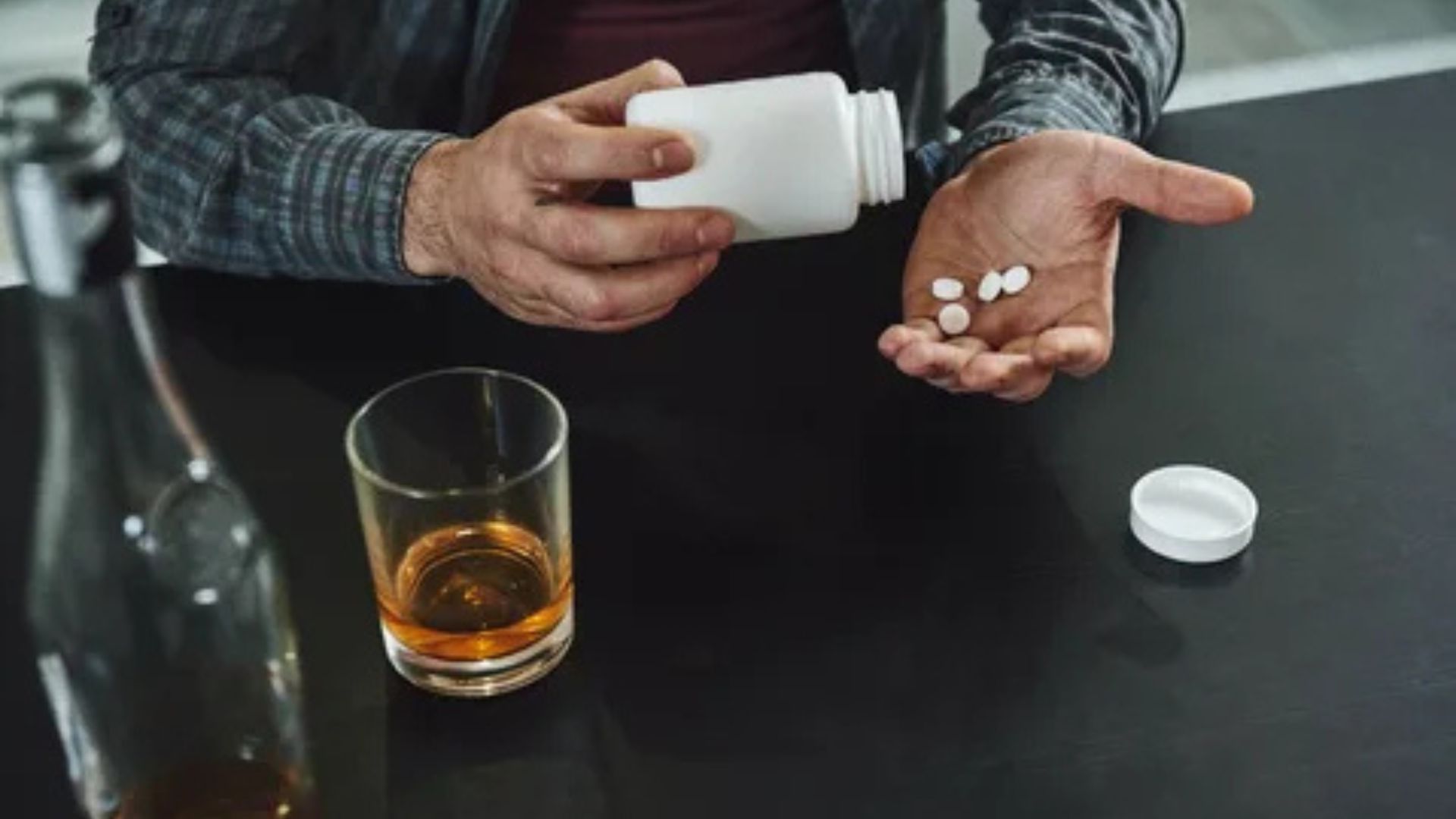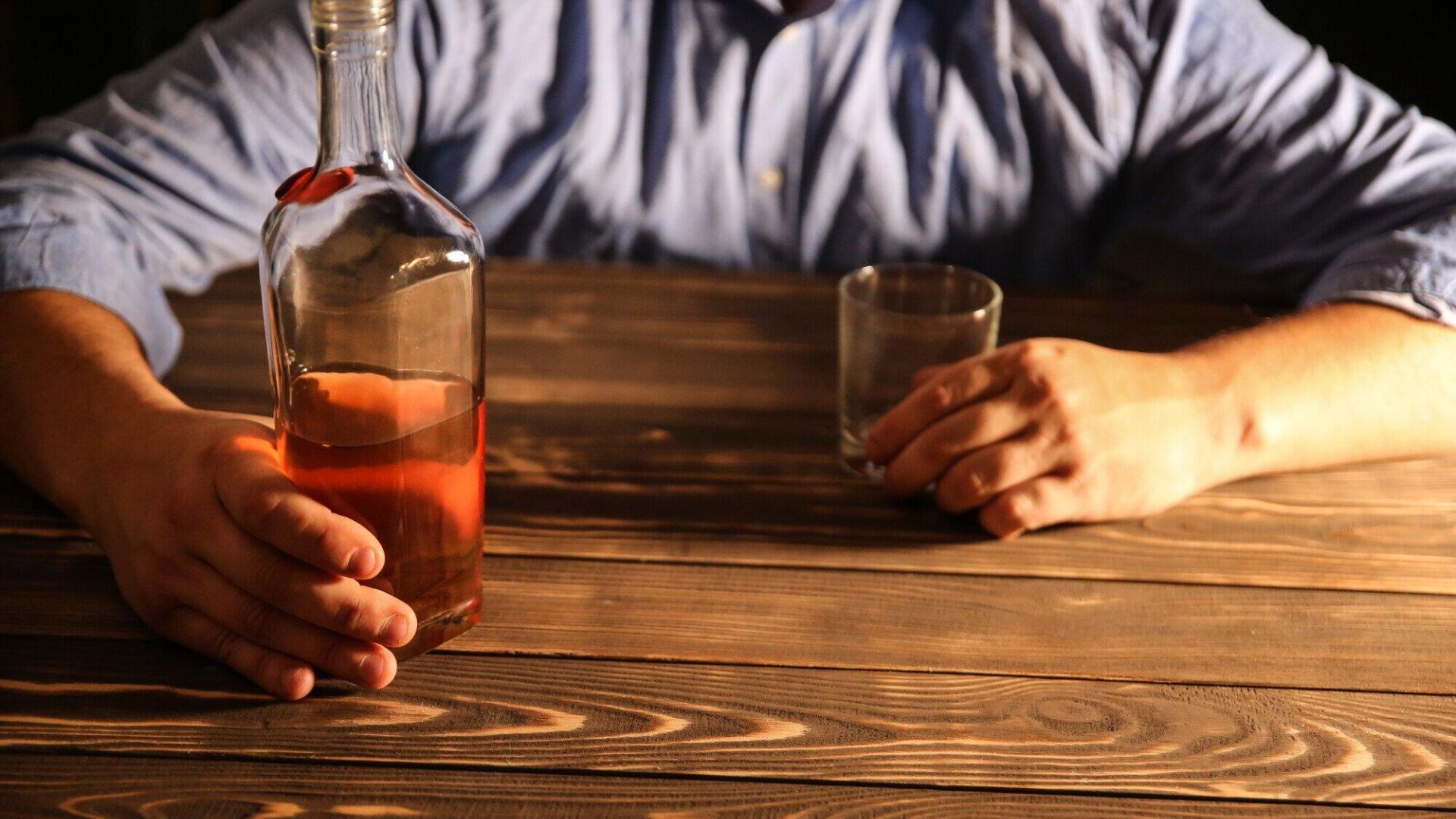Most cardiologists say moderate alcohol may be OK for some pacemaker patients — but only with doctor approval.
Avoid drinking right after implantation, don’t binge, and stop if you get palpitations, dizziness, or interactions with medications (especially blood thinners). Always check with your cardiologist for personalized limits.
Introduction
If you’ve ever wondered “can you drink alcohol with a pacemaker?”—you’re not alone. Many people with pacemakers ask whether enjoying a glass of wine or beer is safe. The answer depends on several factors, including your heart condition, medications, and how your body responds to alcohol. While a pacemaker helps regulate your heartbeat, it doesn’t prevent alcohol from affecting your heart’s rhythm or blood pressure. In moderation, drinking may be safe for some pacemaker patients, but heavy or frequent use can trigger arrhythmias and interfere with heart health. Understanding how alcohol interacts with your pacemaker and overall cardiac function can help you make safer, more informed choices. Let’s explore what cardiologists actually recommend.
How Alcohol Affects Your Heart and Pacemaker
Alcohol has a direct impact on how your heart functions, and this connection becomes even more important when you have a pacemaker. Drinking too much alcohol can disrupt your heart’s electrical signals, leading to irregular heartbeats or what doctors call arrhythmias. Although your pacemaker helps regulate your rhythm, it can’t completely offset the strain alcohol puts on your cardiovascular system. Excessive drinking can also raise blood pressure, cause dehydration, and alter electrolyte balance—all of which can interfere with pacemaker performance. Medical studies link heavy drinking to “holiday heart syndrome,” where the heart beats irregularly after alcohol consumption. For pacemaker patients, these effects can increase discomfort or device activity. Understanding these risks helps explain why moderation—and professional guidance—are crucial when it comes to alcohol and heart health.
Can You Safely Drink Alcohol With a Pacemaker?
The good news is that having a pacemaker doesn’t automatically mean you must avoid alcohol forever. In most cases, light to moderate drinking—such as one glass of wine or beer—doesn’t pose serious risks if your heart condition is stable and your doctor approves. However, safety depends on your overall health, medications, and how your body handles alcohol. For example, if you have a history of arrhythmia, heart failure, or high blood pressure, even small amounts may be risky. Alcohol can also interact with certain cardiac drugs, reducing their effectiveness or amplifying side effects. Always check with your cardiologist before drinking, especially after a recent implant. Responsible, mindful consumption is key to protecting both your pacemaker function and your long-term heart health.

When Drinking Becomes Risky
While occasional light drinking might be harmless for some pacemaker patients, there are times when alcohol becomes a real concern. Drinking is risky if you’re on heart medications, blood thinners, or recovering from pacemaker surgery. Alcohol can interfere with drug absorption, increase bleeding risks, and elevate blood pressure. For those with heart failure or recurring arrhythmias, alcohol may trigger irregular heartbeats or worsen symptoms like dizziness and fatigue. Over time, heavy or frequent drinking can lead to alcohol cardiomyopathy—a condition that weakens the heart muscle, forcing your pacemaker to work harder. If you notice palpitations, lightheadedness, or chest discomfort after drinking, it’s best to stop immediately and consult your doctor. Knowing your limits isn’t just smart—it’s essential for long-term cardiac safety.
Tips for Responsible Drinking With a Pacemaker
If your cardiologist says moderate alcohol use is acceptable, it’s still important to drink responsibly. Start by limiting yourself to one drink per day and always pair alcohol with food to reduce its impact on your heart rhythm. Stay well-hydrated, since dehydration can interfere with pacemaker performance and raise blood pressure. Avoid binge drinking or consuming alcohol on an empty stomach. If you take medications—especially blood thinners or anti-arrhythmic drugs—ask your doctor about possible interactions before drinking. Monitoring your heart rate and symptoms after alcohol consumption can also help you recognize any early warning signs. Responsible choices help protect both your pacemaker and your overall cardiovascular health.

What Doctors Say About Alcohol and Pacemakers
Cardiologists generally agree that moderation is key when it comes to alcohol and pacemakers. Most patients can tolerate light drinking if their heart condition is stable and they follow medical guidance. However, doctors caution that alcohol affects everyone differently—what’s safe for one patient might not be for another. Even small amounts can cause rhythm changes in sensitive individuals or interfere with medications. Medical professionals often recommend avoiding alcohol right after pacemaker surgery and gradually reintroducing it, if permitted. Ultimately, your doctor’s advice should guide your decisions, since only they understand how alcohol may impact your unique heart health and pacemaker settings.
FAQs
Q1. Can you drink wine or beer with a pacemaker?
Yes, you can enjoy a small glass of wine or beer occasionally—if your cardiologist approves. Moderation and medical clearance are essential to avoid heart rhythm issues.
Q2. How much alcohol is safe for pacemaker patients?
For most patients, up to one drink per day for women and two for men may be safe. However, this varies based on your heart health, medications, and tolerance.
Q3. Can alcohol interfere with pacemaker signals?
Excessive alcohol can cause irregular heartbeats, which may affect how your pacemaker regulates rhythm. This doesn’t damage the device but can impact its accuracy.
Q4. Is it safe to drink after pacemaker surgery?
Avoid alcohol during the recovery phase—usually several weeks—until your doctor clears you. Alcohol can interfere with healing and post-surgery medications.
Q5. Does alcohol increase arrhythmia risk with a pacemaker?
Yes. Heavy drinking can trigger arrhythmias even if your pacemaker is functioning properly. Always drink responsibly and monitor symptoms like dizziness or palpitations.





